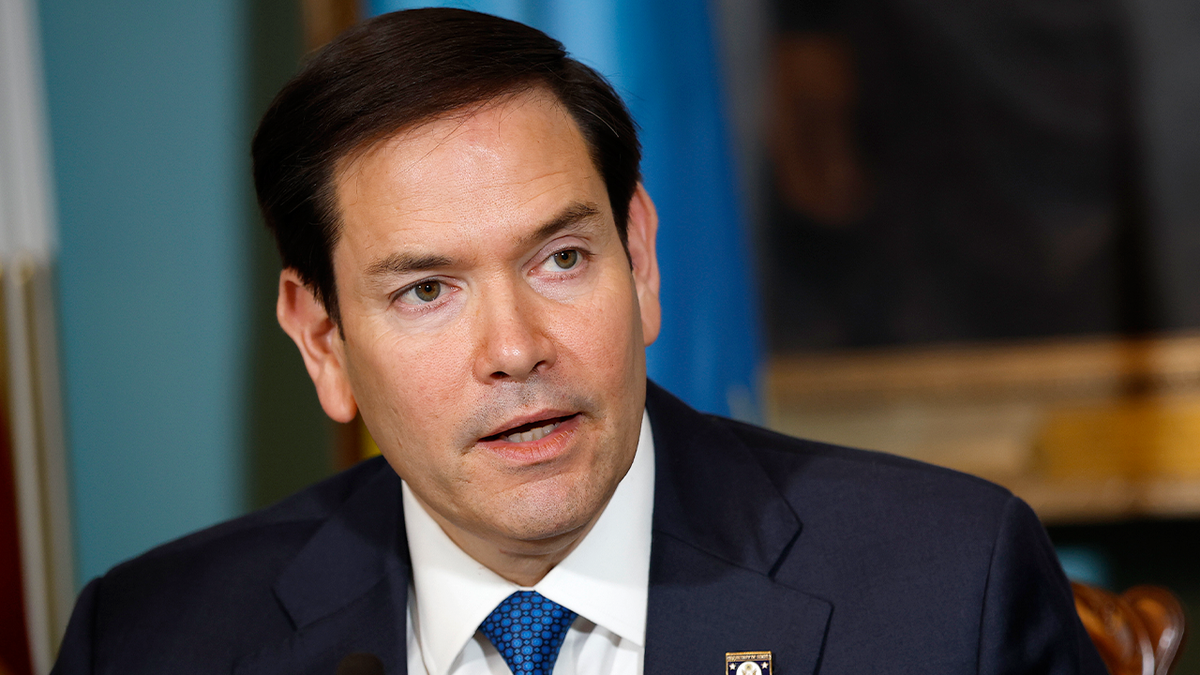President Ferdinand Marcos Jr. of the Philippines has accepted courtesy resignations from his Cabinet, aiming to modernise governance and improve public trust. As part of the reshuffle, several key officials have retained their positions, while others have been replaced in what is being seen as both a loyalty test and a performance review.
The decision follows a turbulent political climate where questions of competence, integrity, and alignment with Marcos’ policy direction prompted the President to demand resignations en masse. Among those who survived the shake-up are the Secretaries of Finance, Education, and Foreign Affairs—indicating a desire for continuity in critical areas such as economic stability, international relations, and education reforms.
Meanwhile, changes in departments like as Agriculture, Health, and Transportation indicate a push for new leadership and innovation in industries that have experienced intense public scrutiny and operational issues. The administration insists the move is designed to usher in a more efficient and responsive government, aligning with Marcos’ long-term “Bagong Pilipinas” (New Philippines) vision.
This Cabinet upheaval has elicited conflicting reactions from the public and political observers. Some see it as a strong statement of leadership and accountability, while others believe it may marginalise experienced voices. Regardless, the move is a watershed moment for Marcos’ administration as it transitions into the next era of rule.







